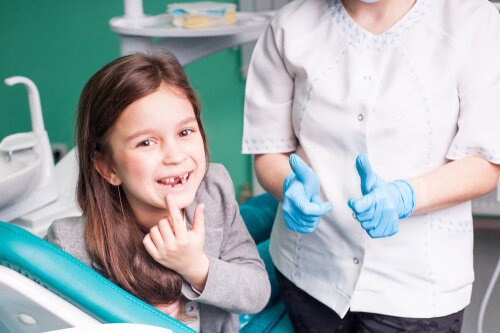How Sedation Can Help Improve Your Child’s Dental Health
Children need to learn healthy dental care habits early in life so that they have stronger teeth that last. In honor of National Children’s Dental Health Month, dental specialists around the country are taking the time to help educate children about the best ways to care for their teeth. Many young patients can benefit from dental sedation to reduce their anxiety at the dentist’s office and give them a soothing dental experience. Some of the standard pediatric dental procedures that may be performed with sedation are:
Extractions: Dentists work hard to preserve teeth that have become damaged or decayed. However, if the affected tooth has deteriorated too much to salvage it, extraction may be necessary. Extraction is also needed to remove stubborn baby teeth or to prepare a child’s mouth for an upcoming orthodontic treatment.
Fillings: Cavities form when teeth develop areas of weakness due to decay. These are common in children and usually not cause for concern. However, they do need to be treated to prevent further erosion of the tooth.
Oral surgery: Most oral surgeries will likely necessitate dental sedation due to the invasive nature of these procedures. Jaw correction, multiple or complex extractions, bone grafts, and other treatments can be overwhelming for younger patients. Fortunately, dental sedation provides pediatric patients with relief and gives them a better surgical appointment.
Dental Sedation Options
Because children are susceptible to experiencing dental phobia (fear), dental sedation can help alleviate their distress and make their procedure more relaxing. Dental sedation also makes it easier for the dentist to perform necessary treatments, as the child is calm and able to sit still for an extended period. Board-certified dentist anesthesiologist Dr. Jay Patel offers pediatric patients in New Jersey, Pennsylvania, and New York various options from mild sedation to general anesthesia. The level of anesthesia depends on the patient’s age, medical history, and overall health.
For more information about incorporating the latest and advanced dental anesthesia techniques for pediatric patients into your practice, please call Dental Sedation Services at 732.986.3690.

